Exhibition: Amira Fritz
Opening: 6.9.2016, 7 pm
Exhibition: 7.9. – 15.10.2016
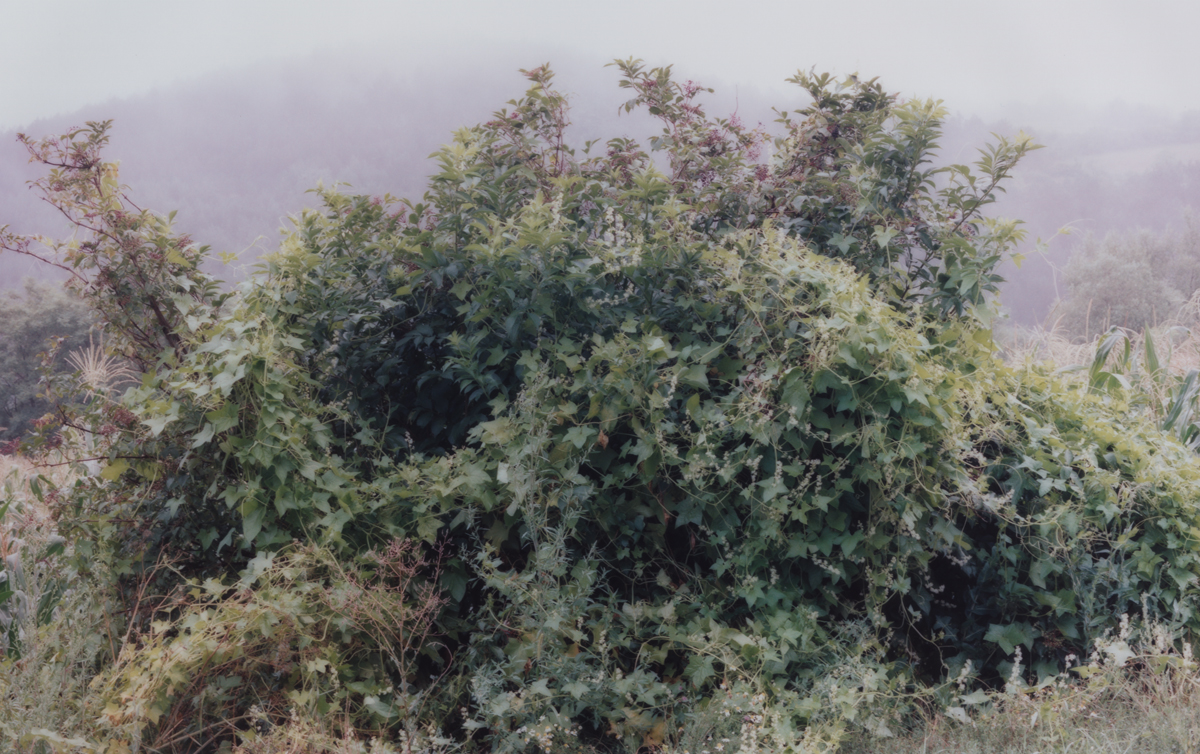
Amira Fritz
Observe with a Soft Voice
Philosopher Gaston Bachelard once called himself a „dreamer of words, a dreamer of written words.“ Amira Fritz, on the contrary, is a dreamer of images, floating atmospheres, harmonic landscapes, gentle flowers, faces and people who investigate the observer as if they emerged from an unreachable, enchanted otherworld. Her photographs (just like Bachelard’s words) detach themselves from the heavy burden that binds them to time and reality and instead open up to the dream, to emotions, to a poetic geography where travelling is the ability of encountering without revealing. Amira Fritz has gone a long way – from Shanghai to Paris. She crossed Mongolia, reached the shores of Lake Baikal, Turkey and then Romania, Hungary, Germany and France. Whether she traveled mainly by plane or maybe she preferred moving around by car, bus or sometimes on foot is of no importance here. What counts is that she knew how to pause and rest silently in front of pine forests wrapped in foggy clouds, steppe landscapes shimmering in the heat, austere and focused gazes, black murals of lava resembling insurmountable walls, humble little plants covered in tiny little flowers… Only like this, waiting a long time for a voice, a whisper, could she reconnect the delicate links that unite the gaze and the memory, the protective case of the world and the silence that surrounds things. Leaving behind the naive idea of the visible as immediate reality, her works know how to preserve the mistery of the gaze and thereby of the things themselves. They know that the gaze can be drawn in, can approach the edge of the invisible only through contemplative slowness.

Amira Fritz, Exhibition view, credit: Claudia Corrent
Amira Fritz‘s journey, originally intended to narrate the minimalist clothes of Chinese designer Lin Li (NYBY) through the means of photography, thereby became an inner story composed of delicate images where reality does no longer figure in its dark, prosaic weight, but rather opens up to a hidden, conjuring dimension that – precisely for this reason – is more open, lighter, and permeated by different possible shades of light. A dimension in half-light, floating in a fluctuating interstitial time that delves into a past where the world has preserverd its spell and its magic, where memories of ancient, almost sacred images can re-emerge. The photographer looks at the world by overlapping perception with memories. Memories of images, ancient paintings, suggestions, that she retransforms into new images traversed by echoes and whispered references. Her suffused, light blue, soft photographs, immersed in a diffuse, dim light, suggest that she looks at the world behind an untouchable veil of remembrances and emotions. Looking at the images, one gets the idea that she does not immediately observe the world, but rather delicately views it through that coloured glass which painter Claude Lorrain liked to use to endow his landscapes with a soft and homely tone. Her seeing is, indeed, more an act of preservation than one of observation. It is a mere glimpse, a hesitation on behalf of caution, of welcoming, until images emerge, devoid of shrill tones, freed of all the weight, where everything – garments, persons, landscapes – coexists and relates to one another in a floating atmosphere.
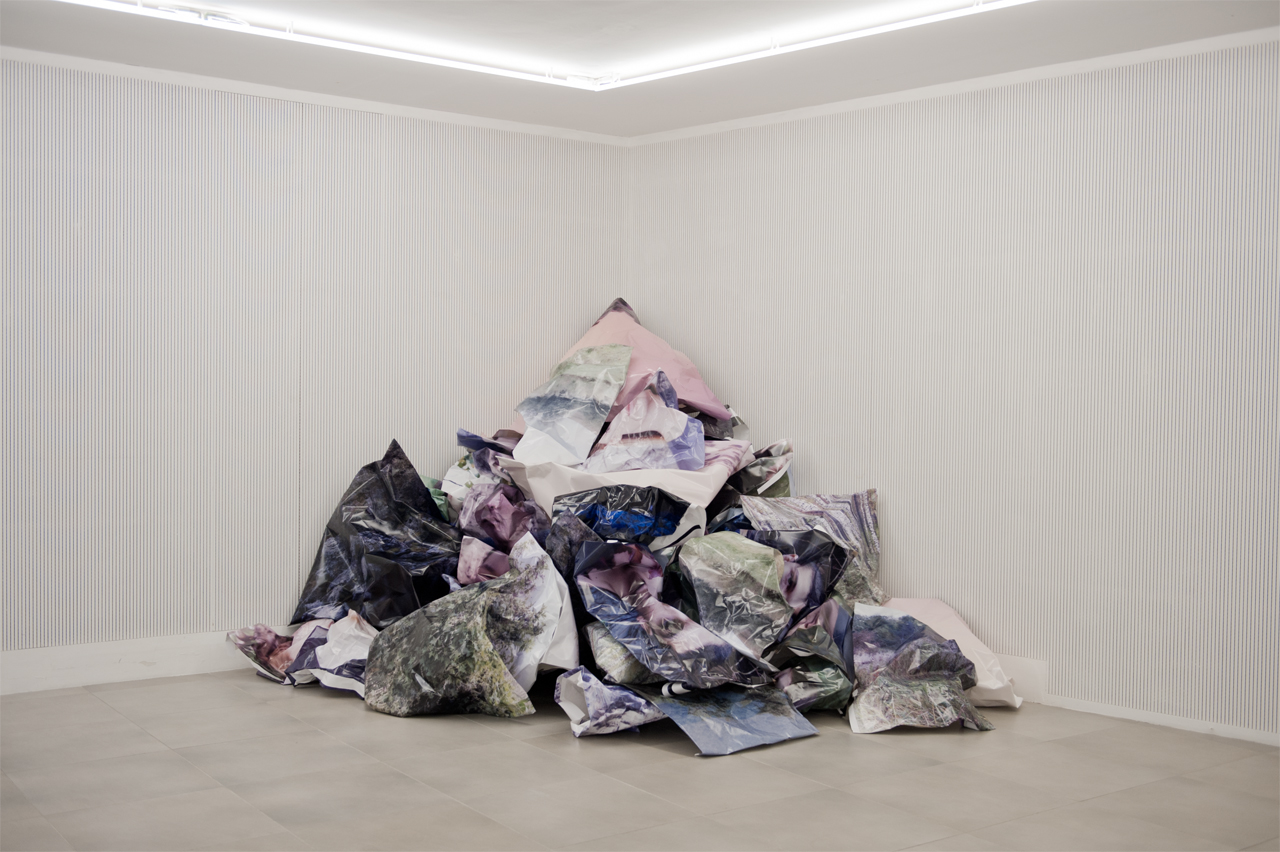
Amira Fritz, Exhibition view, credit: Claudia Corrent
In our sober reality, which is dominated by noisy imagery containing superficial information, she creates whispering visions that impress us through their hesitance, their pending, fragile magic. Her way of seeing is not demanding or arrogant – it is nothing but graceful. As we are used to having our prejudices confirmed by the safe certainty of loud-mouthed imagery, the works of Amira Fritz leave us feeling unsettled. Her works touch us, they move us with their vagueness, their ability to suggest without words, to retain something mysterious and elusive. Observers are thereby invited to enter the enchanted space of her images, capitivated by the aura of a temporality steeped in memories and daydreaming. Doubtlessly, this is a kind of spell — but a spell that must be viewed as an act of resistance against reducing the world to the mere, immediate obviousness of facts and things. This is not an artificial and contrived magic that imposes allegedly poetic visions upon us, full of mannerisms. This magic is the ability of some visionary, though not emphatic photographers, to show us the things differently than we usually see and think of them, in order to reveal an unexpected depth, a mysterious complexity, that hides behind the apparent simplicity of outward appearance. The world and the places traveled by Amira Fritz are not mysterious in themselves: rather, it is her vague, floating images that create a space of fascination. It is the image imbued with magic that seduces our gaze and makes us follow her journey without boundaries.
Gigliola Foschi
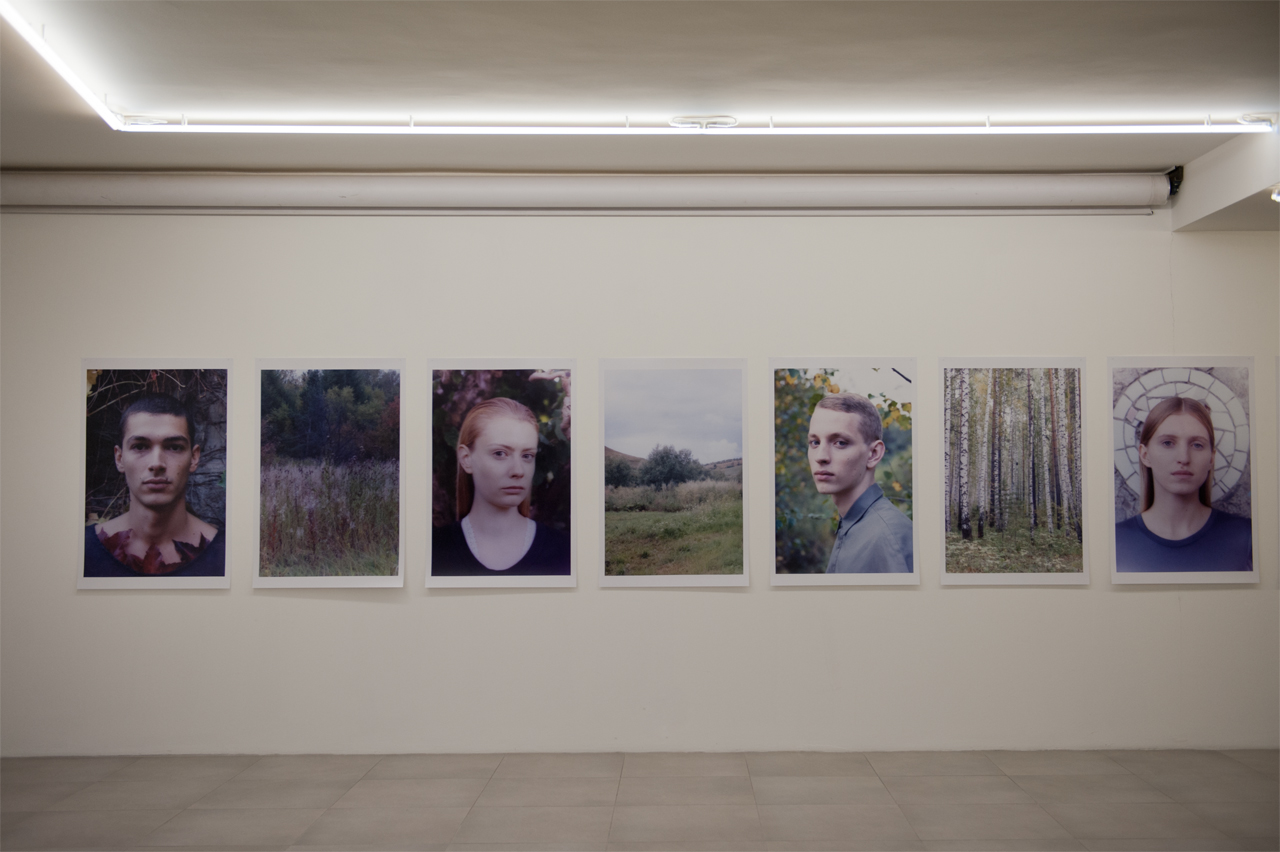
Amira Fritz, Exhibition view, credit: Claudia Corrent

Amira Fritz, Exhibition view, credit: Claudia Corrent
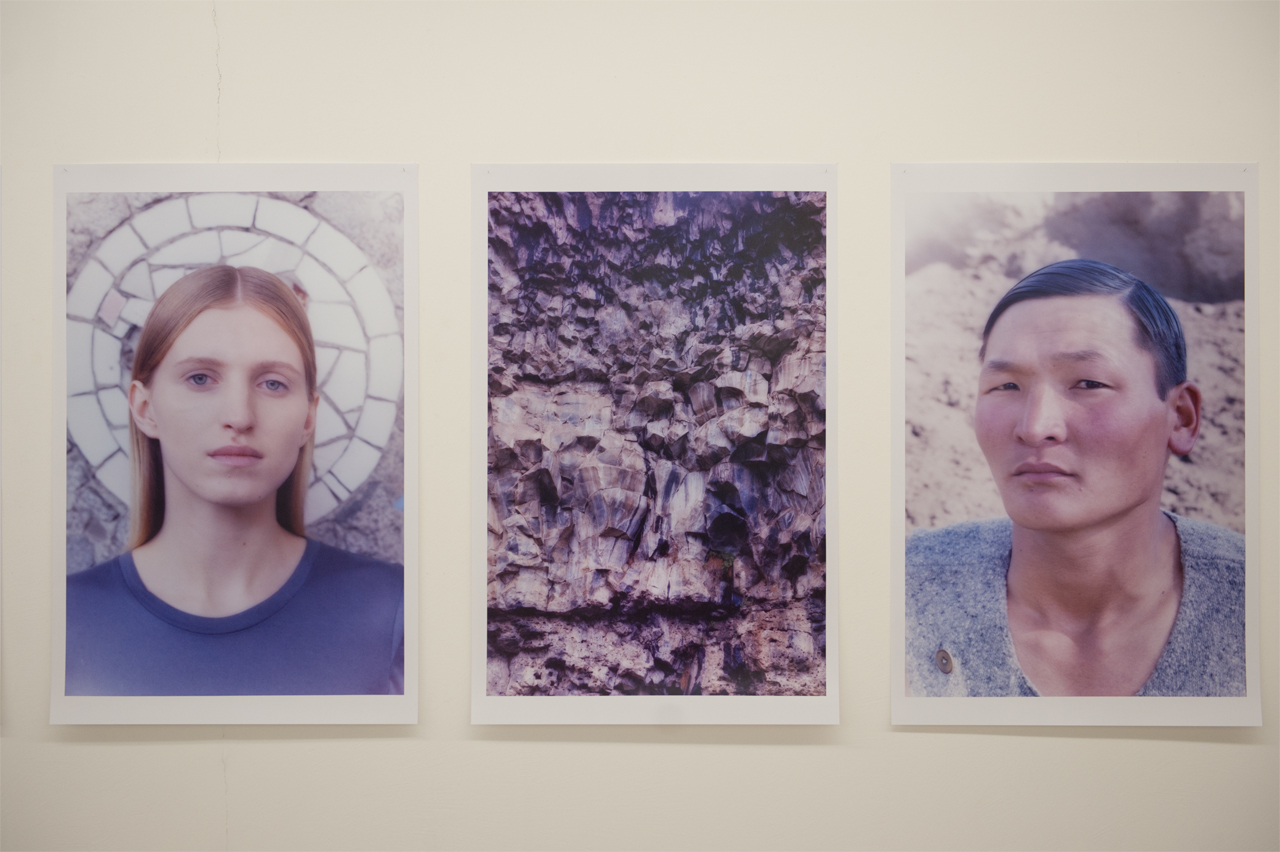
Amira Fritz, Exhibition view, credit: Claudia Corrent
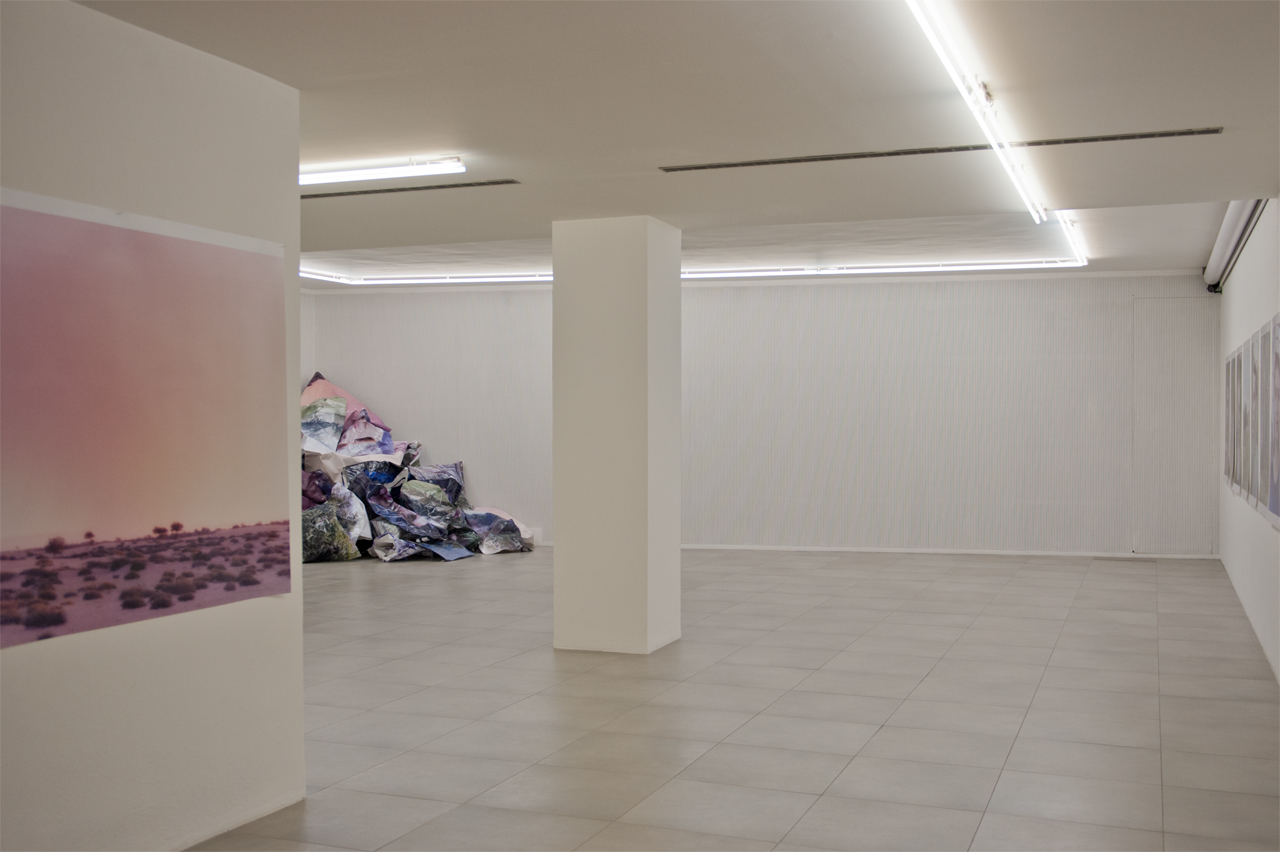
Amira Fritz, Exhibition view, credit: Claudia Corrent
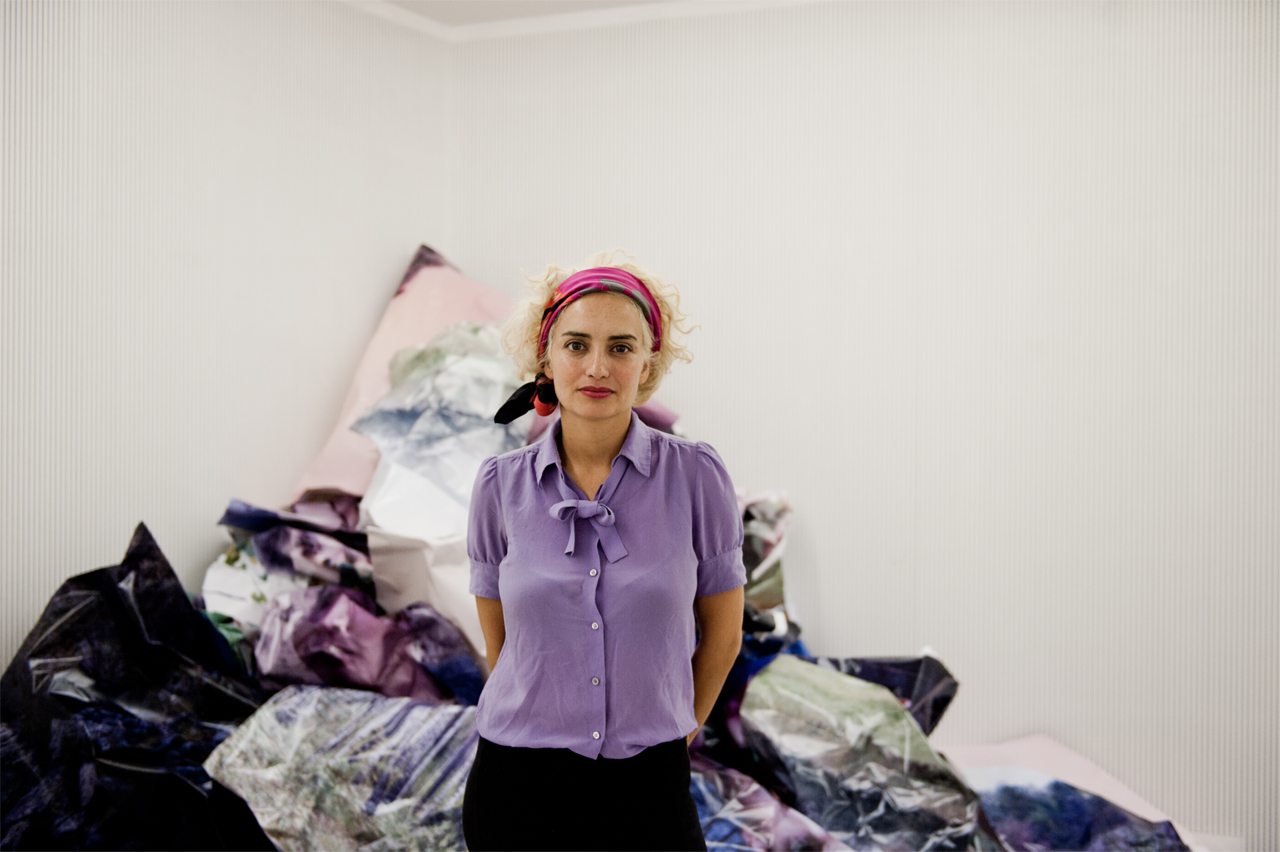
Amira Fritz, Opening, credit: Claudia Corrent

Exhibition supported by Fujifilm and gOLab

